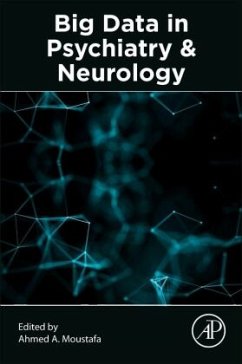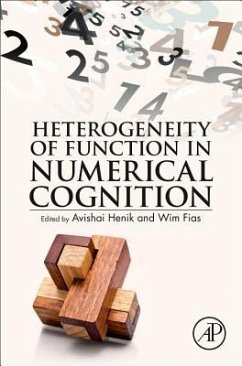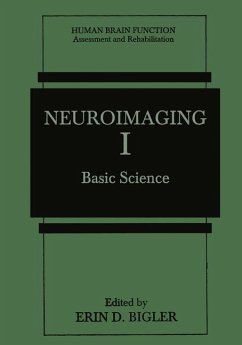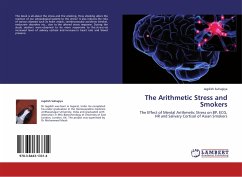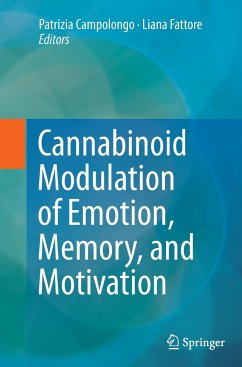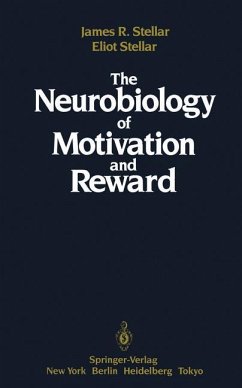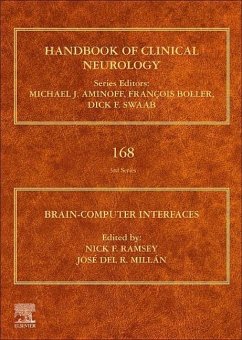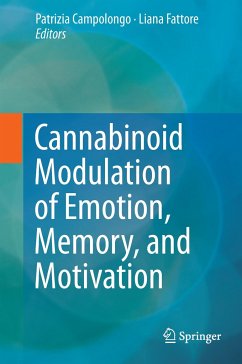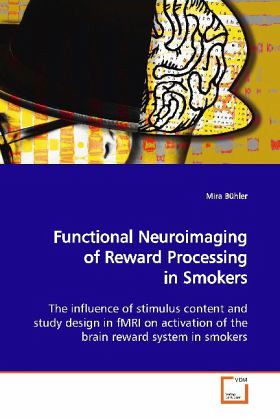
Functional Neuroimaging of Reward Processing in Smokers
The influence of stimulus content and study design in fMRI on activation of the brain reward system in smokers
Versandkostenfrei!
Versandfertig in 6-10 Tagen
32,99 €
inkl. MwSt.

PAYBACK Punkte
16 °P sammeln!
Nicotine like several other drugs of abuse acts onthe brain reward system. Altered function of themesocorticolimbic system has been associated with thetransition from controlled drug intake to acompulsive, uncontrolled drug consumptioncharacterizing addicted behavior. This study was performed using functional MagneticResonance Imaging (fMRI) (i) to investigate changesin brain activity in the reward system in response todifferent stimulus categories includingnon-substance related motivational stimuli (eroticstimuli, beautiful faces) and substance relatedstimuli (smoking-related stimuli) compare...
Nicotine like several other drugs of abuse acts on
the brain reward system. Altered function of the
mesocorticolimbic system has been associated with the
transition from controlled drug intake to a
compulsive, uncontrolled drug consumption
characterizing addicted behavior.
This study was performed using functional Magnetic
Resonance Imaging (fMRI) (i) to investigate changes
in brain activity in the reward system in response to
different stimulus categories including
non-substance related motivational stimuli (erotic
stimuli, beautiful faces) and substance related
stimuli (smoking-related stimuli) compared to neutral
stimuli; (ii) to find out which category of
non-substance related motivational stimuli, beautiful
faces or erotic stimuli, leads to a stronger
activation in the regions of interest; and (iii) to
determine the influence of two different experimental
fMRI designs, a blocked and an event-related design,
on activation patterns in the brain reward system.
the brain reward system. Altered function of the
mesocorticolimbic system has been associated with the
transition from controlled drug intake to a
compulsive, uncontrolled drug consumption
characterizing addicted behavior.
This study was performed using functional Magnetic
Resonance Imaging (fMRI) (i) to investigate changes
in brain activity in the reward system in response to
different stimulus categories including
non-substance related motivational stimuli (erotic
stimuli, beautiful faces) and substance related
stimuli (smoking-related stimuli) compared to neutral
stimuli; (ii) to find out which category of
non-substance related motivational stimuli, beautiful
faces or erotic stimuli, leads to a stronger
activation in the regions of interest; and (iii) to
determine the influence of two different experimental
fMRI designs, a blocked and an event-related design,
on activation patterns in the brain reward system.



